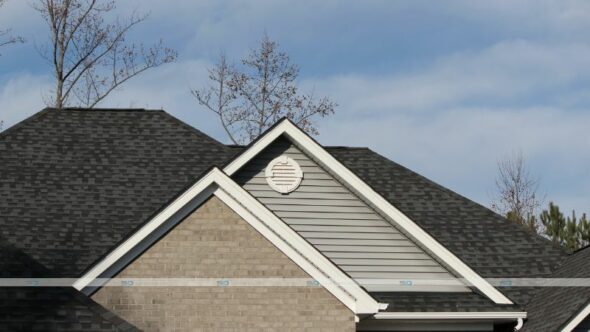Home insurance is an expensive as it is confusing, and without a clear definition and explanation of terms, you will easily end up paying more than you should for a product you could have gotten from another insurer cheaply. To save you expensive, annoying, and embarrassing mistakes, this article will outline everything you need to know about home insurance premiums and insurance rates. Keep reading.
Insurance premiums
This is a term used to describe the cost of your insurance. It is the amount of money an insurer is going to charge for that insurance policy. The value on the table is an indicator of the value of your home. But as you know by now, two similar homes are hardly valued in the same way which means that the cost of insurance varies significantly and isn’t determined by one factor.
The insurance premiums quoted are based on a base calculation accompanied by other factors which added to that base premium value.
What are the other factors that determine the cost of your insurance, and on top of the base premiums?
- What is covered
You will get a high or a low insurance quotes depending on what is covered by the policy. Often, cheap policies only cover the bare basics so that you may have to pay for several costs out of pocket if there is damage to the house like fire damage restoration or in the event of a burglary.
With a dwelling coverage, your insurer pays for repairs or the cost of rebuilding your home. It also covers critical components like the HVAC system.
Liability insurance will not only protect your assets but also cover costs from a lawsuit filed against you for an injury to another person in your home. If someone gets hurt in your home, but they don’t want to sue you, a guest medical cover comes in handy.
There’s also a personal property cover which will cover your personal property, including electronics and furniture, among others. Note that your insurer will have a checklist for documenting personal property
Loss of use: this is a cover that will pay for housing and living expenses temporarily while your home is being repaired or rebuild.
The insurance cover could also include coverage of other structures like sheds or detached garages.
If you want all these features covered in your policy, it means that yours will be an expensive insurance policy. Leaving out one or more of these features will lower your cost of insurance and the premiums.
However, that is not everything that affects the cost of insurance. Others include:
- Age and the type of construction for your home
Older homes attract higher insurance costs than new houses because repairs will cost significantly more, not to mention the need to repair plumbing such as septic tank pumping, the HVAC system, and electrical wiring.
- Location
Home insurance premiums charged vary depending on your location. The rates differ depending on the state you live in and also the natural disasters the area is likely to experience. Areas at a lower risk of natural disasters like hurricanes, floods, as well as areas that report fewer crimes will charge less in home insurance compared to the high-risk areas.
- Personal information
Even at a low-risk area, you are likely to pay higher premiums if you have bad credit.
Other than your financials, the cost of your home insurance will depend on whether or not you have filed many insurance claims in the past. If your claim frequency is high and the severity of the claim is high, say you keep making claims for home repairs after water damage, your next policy will be expensive. Even without changing your insurer, filing multiple claims in 3 – 7 years will easily mean getting bumped to a higher pricing tier, hence higher insurance premiums.
Other factors that affect insurance rates include:
- Replacement costs, as well as accessibility to labor and resources to rebuild
- Distance from your home to the nearest fire station, water source, or fire hydrant
- Building materials
- Whether or not you meet the insurer’s conditions for eligibility.
Now that you know what affects the cost of home insurance, research for the right insurer widely. Rates vary even when you have two similar policies.






